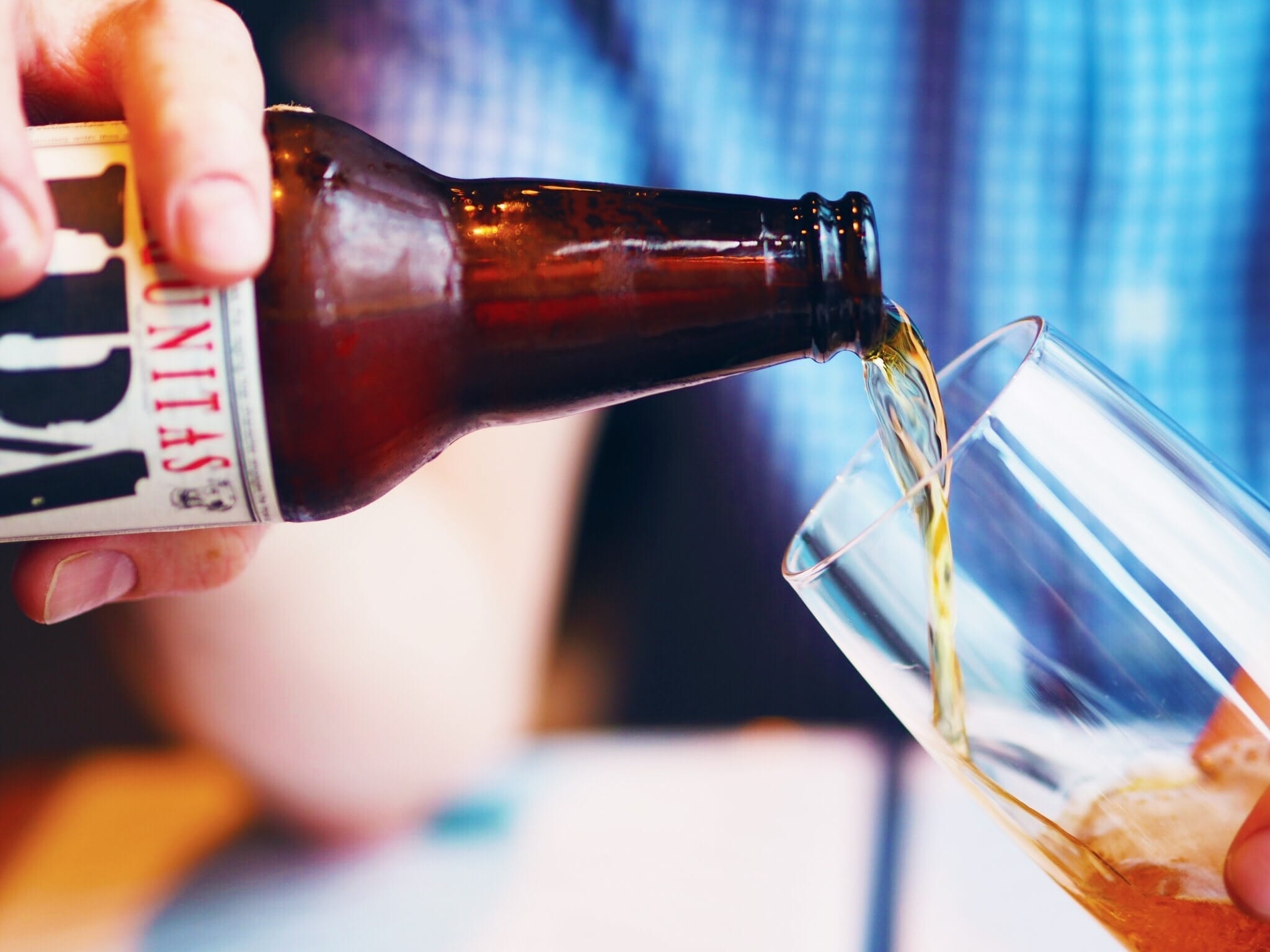In a drunk driving lawsuit, economic damages refer to the financial impact a drunk driver had on your life.
Drunk driving victims in New Jersey need to know what to do after an accident. That way, victims have the best chance of recovering compensatory damages for their injuries against a drunk driver.
After being hit by a drunk driver in New Jersey, victims should do a few things. The first is to call the police. Officers will note the responsible driver’s negligence and the accident’s cause on a crash report. The second step is to seek medical attention. A medical professional can assess your injuries and document them after you have been hit by a drunk driver. The third thing victims should do is to hire an attorney. When drunk driving victims in New Jersey hire a lawyer, they have a better path to recovering economic and non-economic damages.
Call the Police If You Were Hit by a Drunk Driver in New Jersey
Getting hit by a drunk driver in New Jersey can be frightening. At first, you may not realize that the negligent driver was under the influence of alcohol at the time of the accident. Calling the police is essential to record that the responsible driver was indeed drunk when they caused a car accident in New Jersey.
Driving drunk can result in serious car accidents, causing injury to innocent victims. If a drunk driver hits you in New Jersey, call the police immediately. It is always wise to call police officers after any car accident in New Jersey because you never know what they may uncover as they investigate the incident. For example, you may not be aware at first that the responsible driver was indeed drunk at the time.
When you call New Jersey police officers to an accident scene, they will complete a crash report. This report contains important details regarding a collision. If officers suspect that the negligent driver is drunk, they may conduct several tests to ascertain the driver’s sobriety. If the responsible driver is drunk, officers will note that on the crash report. This documentation can be essential to your lawsuit if you intend to sue a drunk driver for hitting you in New Jersey.
Remember, you should always call the police after a car accident in New Jersey. Creating documentation of a negligent driver’s state is crucial to support your claim against that driver for compensatory damages.
Seek Medical Attention If You Were Hit by a Drunk Driver in New Jersey
Drunk driving is highly dangerous and can cause severe damage to victims during a car accident. Driving while drunk reduces one’s reaction time and can cause recklessness while operating a vehicle. Because of this, drunk drivers may drive at high speeds or even fall asleep behind the wheel. The result could be a serious injury to you or someone you love.
That is why it is necessary to seek medical attention if a drunk driver hits you in New Jersey. Prioritizing your safety and health is essential. Not all injuries from drunk driving accidents are obvious at first. Always go to the hospital and accept medical care to ascertain the extent of your injuries and the treatment you may need.
Visiting the hospital after a drunk driving accident is not only important for your safety but your potential case. You create records of your injuries by seeking medical attention immediately after being injured by a drunk driver in New Jersey. A doctor or medical professional can attest to the cause of your injuries and begin a trail of medical records that show the necessary care and the cause.
Don’t wait to visit the hospital if a drunk driver hits you in New Jersey. Doing so can be essential to your potential lawsuit against a drunk driver and can improve your chances of recovering substantial compensatory damages.
Hire an Attorney If You Were Hit by a Drunk Driver in New Jersey
After getting hit by a drunk driver in New Jersey, victims need to learn their options. Hiring a Jersey City car accident lawyer can help New Jersey drunk driving victims find a path to compensation and file a lawsuit against a negligent driver.
If you are unsure how to proceed after being hit by a drunk driver in New Jersey, you should hire a lawyer. An attorney can help you understand your best route to compensation for your injuries after an accident. Skilled drunk driving accident lawyers can thoroughly investigate your case and build a strong argument against a negligent driver.

Of course, victims can pursue litigation or choose to make an insurance claim without the help of an attorney. However, victims may not have the legal experience often necessary to make such decisions by themselves. For example, without an attorney, you may not think to keep all medical records and documentation of lost wages for a potential lawsuit. Hiring a Newark, NJ car accident attorney after getting hit by a drunk driver in New Jersey helps you file a lawsuit within the statute of limitations and protects your interests as you attempt to recover damages.
Recover Damages If You Were Hit by a Drunk Driver in New Jersey
If you were hit by a drunk driver in New Jersey and took the necessary steps afterward, you can recover sufficient compensatory damages. Depending on the severity of their injuries, victims may recover both economic and non-economic damages.
In a drunk driving lawsuit, economic damages refer to the financial impact a drunk driver had on your life. If your injuries have caused you to miss paychecks and receive high medical bills, economic damages will seek to reimburse you. This also includes the cost of ongoing medical care.
Non-economic damages in a drunk driving lawsuit attempt to quantify the emotional impact an accident had on your life. For example, you can receive non-economic damages for the pain and suffering you have felt because of the severity of a drunk driving accident.
In a lawsuit, New Jersey victims of drunk driving accidents can recover both economic and non-economic damages.


Join the conversation!